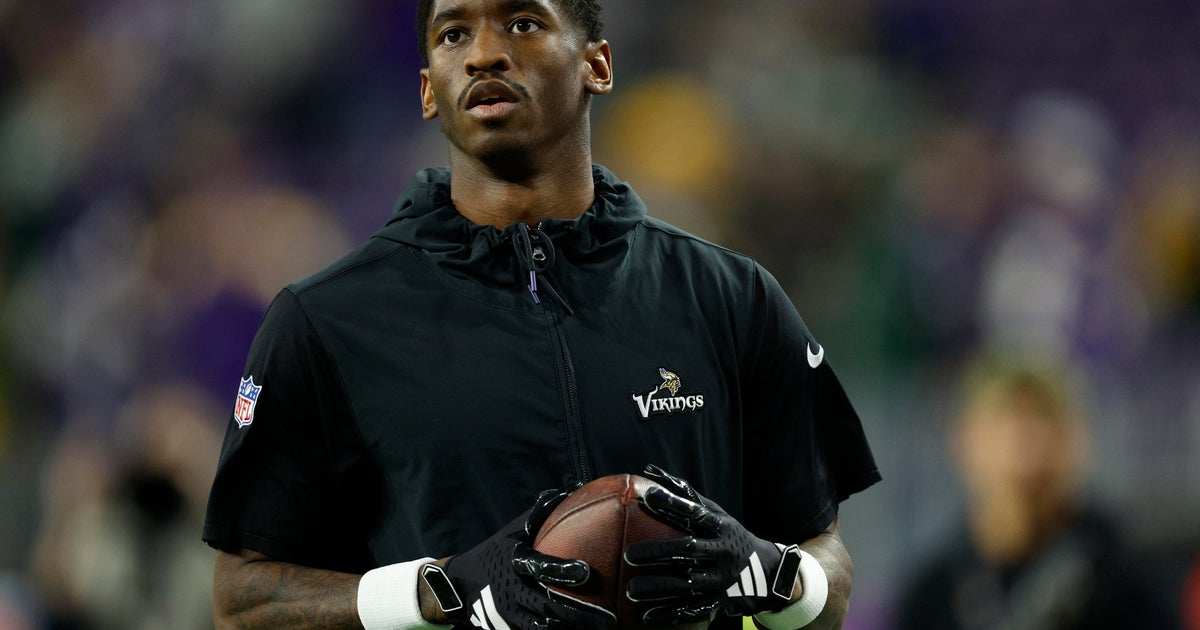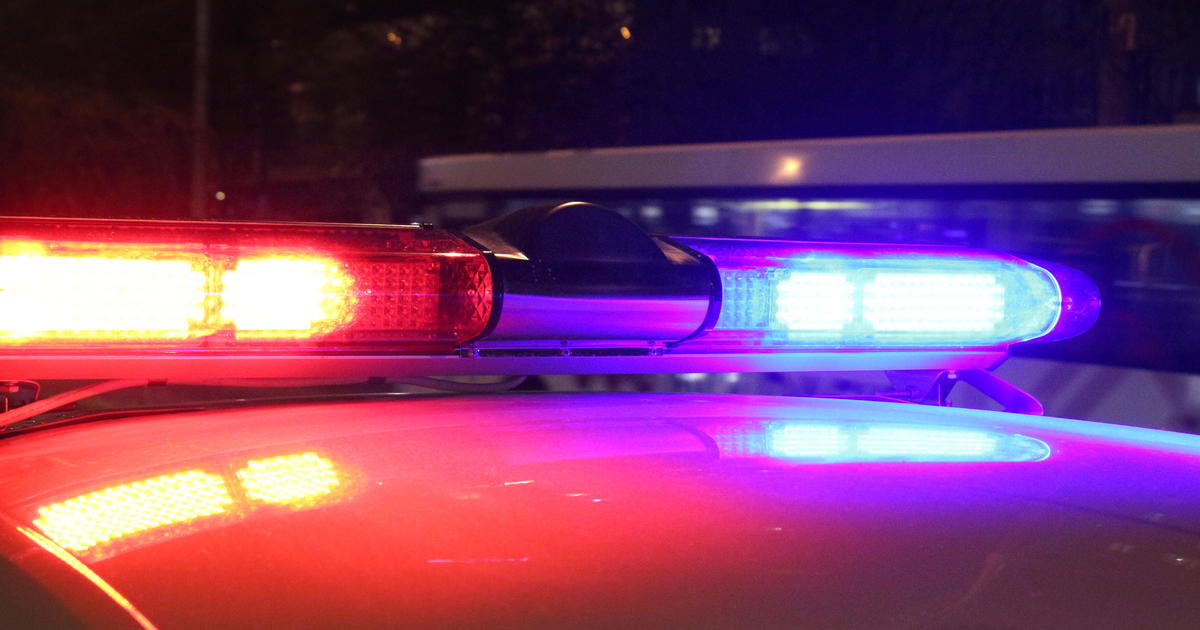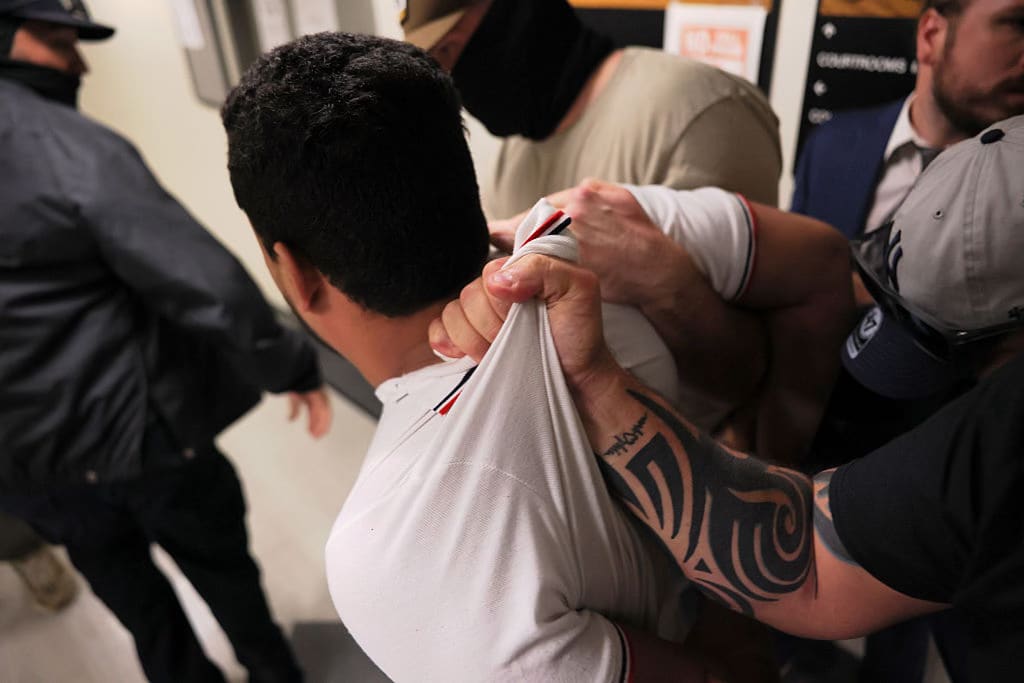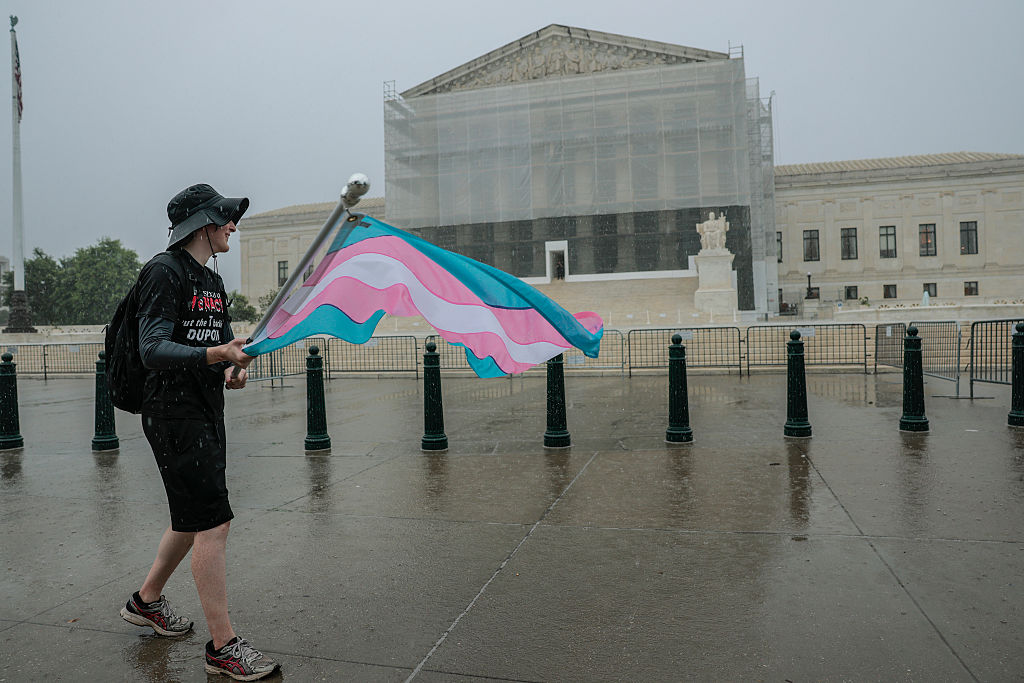Julian Assange, founder of WikiLeaks, loses court bid to have U.K arrest warrant dropped
LONDON -- A British judge has decide to uphold an arrest warrant for WikiLeaks founder Julian Assange, who has spent more than five years evading the law inside Ecuador's London embassy.
Assange's lawyers had argued that it's no longer in the public interest to arrest him for jumping bail in 2012 and seeking shelter in the embassy to avoid extradition to Sweden, where prosecutors were investigating allegations of sexual assault and rape made by two women. He denied the allegations.
Judge Emma Arbuthnot rule against all five of the challenges to the warrant brought by Assange's lawyers on Tuesday afternoon at London's Westminster Magistrates' Court.
Swedish prosecutors dropped their investigation last year, saying there was no prospect of bringing Assange to Sweden in the foreseeable future. But the British warrant for violating bail conditions still stands, and Assange faces arrest if he leaves the embassy.
Assange's lawyers asked for the warrant to be withdrawn since Sweden no longer wants him extradited, but the same judge rejected their request last week.
Assange's attorney went on to argue that arresting him is no longer proportionate or in the public interest. Lawyer Mark Summers said that the 5½ years Assange has spent inside the embassy were "adequate, if not severe" punishment for his actions, and cited a report by a U.N. committee which said the 46-year-old was being arbitrarily detained.
He also claimed the Australian was justified in seeking refuge in the embassy because he has a legitimate fear that U.S. authorities are seeking to arrest him for WikiLeaks' publication of secret documents.
Summers also argued that Assange's actions had not stalled Sweden's legal case, because Assange had offered to be interviewed by Swedish prosecutors at the embassy. He said emails recently released after a freedom of information request showed that a British state prosecutor had advised Sweden "that it would not be prudent for Sweden to try to interview Mr. Assange in the U.K."
Some lawyers who have followed the case said the arguments were unlikely to sway the judge.
"The impasse is just going to continue in this case," said Edward Grange, a partner at law firm Corker Binning.
He said the fact remained that Assange had chosen to enter the embassy to avoid arrest,
"It would be a dangerous precedent to set if the warrant could just be withdrawn on public interest grounds, because that would be seen as a reward for individuals who decide to avoid administrative justice," he said.
Even if the judge had lifted the British arrest warrant, Assange's legal problems may not have been over. He suspects there is a secret U.S. grand jury indictment against him for WikiLeaks' publication of classified documents, and that American authorities will seek his extradition
Another Assange lawyer, Jennifer Robinson, said the WikiLeaks chief was willing to face legal proceedings in Britain -- if he receives a guarantee that he will not be sent to the U.S. to face prosecution.
"Mr. Assange remains ready to face British justice and to resolve any outstanding matters related to his seeking protection in the Ecuadorean embassy - but not at the risk of being forced to face American injustice for exercising the freedom to publish," she said.





